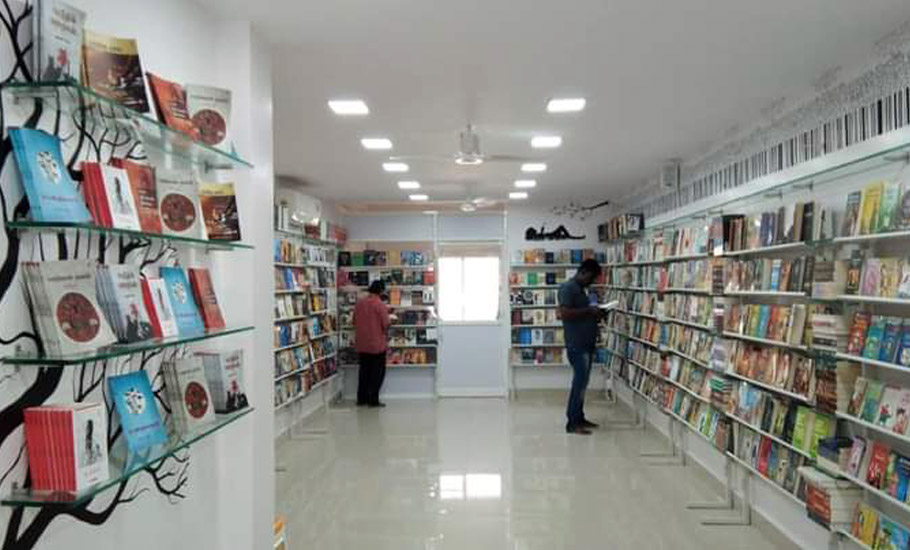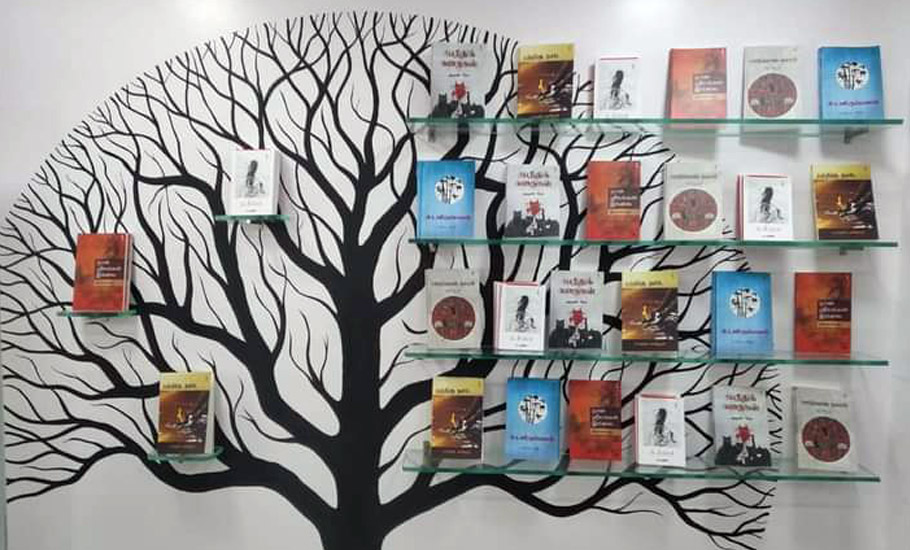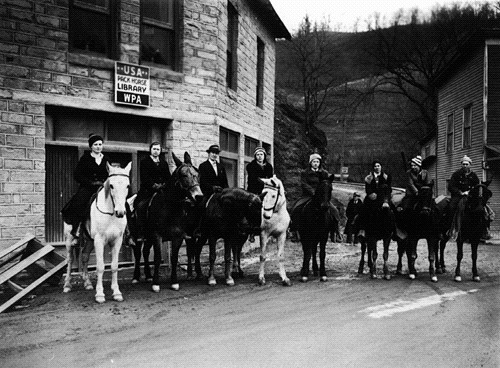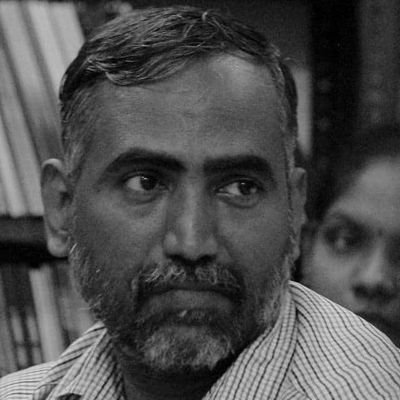
- Home
- News
- Analysis
- States
- Perspective
- Videos
- Education
- Entertainment
- Elections
- World Cup 2023
- Features
- Health
- Business
- Series
- Economy Series
- Earth Day
- Kashmir’s Frozen Turbulence
- India@75
- The legend of Ramjanmabhoomi
- Liberalisation@30
- How to tame a dragon
- Celebrating biodiversity
- Farm Matters
- 50 days of solitude
- Bringing Migrants Home
- Budget 2020
- Jharkhand Votes
- The Federal Investigates
- The Federal Impact
- Vanishing Sand
- Gandhi @ 150
- Andhra Today
- Field report
- Operation Gulmarg
- Pandemic @1 Mn in India
- The Federal Year-End
- The Zero Year
- Premium
- Science
- Brand studio
- Home
- NewsNews
- Analysis
- StatesStates
- PerspectivePerspective
- VideosVideos
- Entertainment
- ElectionsElections
- Sports
- Loading...
Sports - Features
- BusinessBusiness
- Premium
- Loading...
Premium

How Tamil book lovers found a new paradise for reading during lockdown

One day, in the 1870s, Swaminatha Iyer was reading some verses from a printed copy of the Kambaramayanam, along with some fellow students at the Thiruvavaduthurai Adheenam. Just then, Ambalavana Desikar, an old-fashioned scholar and teacher of Mahavidwan Meenatchisundaram Pillai, happened to pass by. He enquired about the book in their hands. On hearing that it was a copy of the...
One day, in the 1870s, Swaminatha Iyer was reading some verses from a printed copy of the Kambaramayanam, along with some fellow students at the Thiruvavaduthurai Adheenam. Just then, Ambalavana Desikar, an old-fashioned scholar and teacher of Mahavidwan Meenatchisundaram Pillai, happened to pass by. He enquired about the book in their hands. On hearing that it was a copy of the Kambaramayanam, he exclaimed with surprise, ‘Have they made a “book” (he used the English term) of it, too!’
This exclamation in turn surprised the students, who could barely control their laughter at the simple old man’s naivety. This anecdote reveals not only the novelty of the book to an older generation but also the beginnings of its penetration into the new generation. Having been socialised to print, the young students had begun to take printed books for granted and could not but mock at older scholars brought up on palm leaf manuscripts.
The above is an excerpt from Reading Practices and Modes of Reading in Colonial Tamil Nadu written by noted historian AR Venkatachalapathy in 1994. UV Swaminatha Iyer was the pioneering editor of Tamil classics. He had narrated this incident in his book Sri Meenatchisundaram Pillaiavargalin Charithiram published in 1940, to explain how a printed book evoked surprise.
The reading culture in Tamil Nadu has come a long way from there. According to Kindle’s recent survey, Tamil Nadu is one of the hotspots where more readers have started reading books on Kindle amid the COVID-19 lockdown in 2020.
Confined to their homes and left with more spare time, a good number of people took up hard copies of books, sometimes reading some books again, giving themselves a chance to find hitherto hidden understandings.
As classics like Maharabharata were re-telecast on televisions during this lockdown, many readers came looking for related books, says poet Jeeva Karikalan.

Likewise, books recommended by actor-politician Kamal Haasan in his TV show ‘Big Boss – 4’ are having a good run.
“People looking such titles are new readers. Also, many young readers search for young adult or coming of age novels. But the Tamil literary world has not travelled much in that genre,” he says.
Lack of enough bookshops
For an ordinary Tamil reader, newspapers and weekly magazines are enough to serve his or her purpose. But for readers who want to go the extra mile, it gets difficult as a decent bookshop is hard to come by in both in rural and urban areas in Tamil Nadu.
Most popular bookshops in the cities and towns sell school, college text books or books for competitive exams.
“While people claim that the reading habit as a culture is coming down, the fact is that we lack sufficient number of bookshops to cater to the readers. The Tamil book market lacks a good number of bookshops,” points out Karikalan, who recently opened a new bookshop ‘Be4 Books’.
Located at Velachery, the bookshop resembles a look of a corporate office.
Karikalan points out that most bookshops that sell largely Tamil books have a number of issues like lack of walking space, titles not categorised properly, making it difficult for readers to browse, and buyers have to always stand. So, for his bookshop, he has set up seating facilities.
The bookshop has also employed some of the members from its regular readers’ circle and they help direct new customers through the bookshop.

A library by a builder
For Ramesh Raja, a builder in Tirunelveli district, building libraries in the housing complexes he constructs has been a corporate social responsibility thing for him.
“If we build worshipping places, only people from a particular religion come there. If we build community halls, most of the time it lies idle. So in rural areas, in order to bring people under one roof, we need a common platform. Library is one such thing,” he says.
Sadly, Palayamkottai in Tirunelveli, despite being known locally as the ‘Oxford of the South’ for large number of educational institutions here, doesn’t have a single bookshop.
That is perhaps why Raja decided to build a full-fledged library in Thiruppanikarisalkulam and during the lockdown, his company Mayan Builders was able to complete it.
Raja has named the library after Pramil, a writer who migrated from Sri Lanka to Tamil Nadu in the 1970s and lived here till his death in 1997.
Being a poet, translator, literary critic, painter, sculptor and, numerologist, Pramil’s arrival in Tamil literary arena helped modern Tamil poetry to travel a new path.
“Generally, Tamil litterateurs don’t believe in spiritualism. But Pramil was different. He acknowledged the presence and work of some of the well-known ascetics such as Yogi Ramsurat Kumar,” Raja says, adding that this is what inspired him to be what he is today.
Besides bringing people here to read, it can also help the youth to prepare them for competitive exams, he says.
Facebook for advertising, Courier for sales
During lockdown, avid readers may have been reminded of Pack Horse Library Project, that had women on horsebacks delivering books to remote regions in the Appalachian Mountains between 1935 and 1943.

In Chennai, some readers might compare them to Siva Senthilnathan, who sells books, instead of renting them out, to readers across the city on his TVS 50 motorcycle.
“It took many years for me to shift to moped from a cycle. This is my 25th year in the book selling business,” says Senthilnathan.
He first started a handwritten magazine ‘Parisal’ before forming a literary group and holding meetings, thus becoming known as ‘Parisal’ Senthilnathan.
“Slowly lots and lots of books gathered in my collection and I recommended them to readers. Instead of borrowing, they showed an interest to buy them. I too found a way for living. Whenever I come to know of a literary or public meeting, I present myself with books,” he says.
The unique selling proposition of Senthilnathan is that he recommends books related to a book a reader buys and according to their interests. He can also source a book the reader looks for.
“Over a period, I have earned a certain kind of popularity wherein it is said that if readers approach me for a book, they can surely get it,” he says.
Selling books on a motorcycle was not a very profitable business for Senthilnathan. With the savings he made over the years, he opened a bookshop post the 2015 Chennai floods.
But that too was not a feasible venture as he changed places thrice in five years before setting up shop in MMDA in March 2020.
“But then I shut it down due to the COVID-19 lockdown,” he says with a smile suppressing his pain. Now he uses it to store books.

But the lockdown has not deterred him from selling books. When other book sellers closed their shops over the fear of pandemic or halted their business briefly, Senthilnathan relied on the traditional way to sell the books—sending the books through post. And to improve sales, he used modern methods—advertising through Facebook.
“Most of the Tamil publications don’t have websites. Online platforms like Amazon do not reach readers in rural areas. However, many can access Facebook from their phones. So, I used to post about new arrivals and some important books that readers should not miss on my Facebook page. Seeing those posts, my followers order the books they need. They pay through G-Pay and I immediately courier the books. Mostly students are buying the books,” he said.
A parcel reaches the readers within a day or two sans any damages. Now, everyday he gets at least three orders.
“I was able to sell more than 40 titles ( of National Book Trust (NBT)) and they were the bestsellers for me during the lockdown,” he says, adding that novels too did well.
Senthilnathan had started his own publishing house 15 years ago named ‘Parisal Puthaga Nilayam’. Some of the books he published have won awards from Sahitya Akademi and President’s Award.
Senthilnathan feels that book publishing and selling could become a cottage industry in the future. “There is no fear of corporates as they find this is not a profitable enough for them,” he says.

